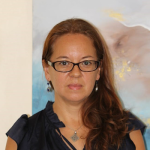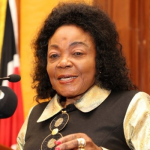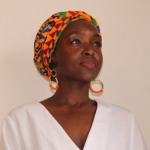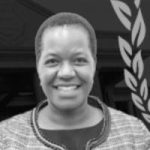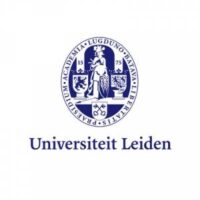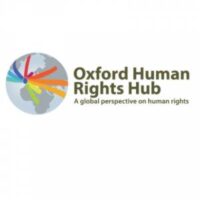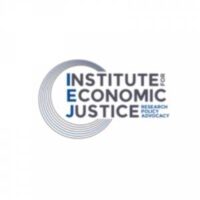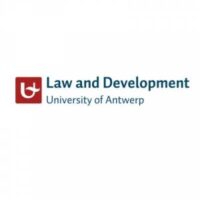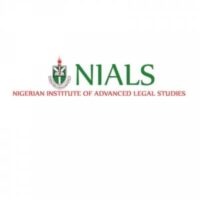Deans Message:

Welcome to the UWC Law Faculty!
The UWC Law Faculty was established as an independent Faculty in 1979 and has a proud history in the struggle against apartheid as well as providing an excellent education in law. Many of its former staff and alumni have occupied and today still occupy high positions in academia, the judiciary, parliament, the executive, the legal profession and in business.
Students
Doctoral students
Master’s students
Top law faculties in South Africa
of the Faculty’s academic staff members hold a doctorate degree
NRF rated researchers
History of the
Faculty of Law
The history of the UWC Law Faculty starts with the establishment in 1960 of the University College of the Western Cape as a constituent college of the University of South Africa.
A Department of Law was established in the Faculty of Arts and Philosophy in 1970, which presented the BA (law) and LLB degrees. A B.Com (law) degree was at the time presented by the Department of Commerce. In 1973, the Faculty of Commerce and Law was established. The Law Faculty became an independent faculty on 1 January 1979 when the Faculty of Commerce and Law was divided in two: the Faculty of Economic and Management Sciences and the Faculty of Law. The Law Faculty was first located in what is now the Education building, then in a ‘prefab’ building which burned down, and later in what is now the ‘old arts’ building. In 1992, the faculty moved to the current law building. The faculty today has approximately 2,800 students (500+ of whom are postgraduate students) and 125 staff members, 50 of which are permanent academic appointments.
Vision 2035
By 2035, the Law Faculty wants to be widely recognised as one of the top law faculties on the African continent, as well as internationally, for the high quality of its academic programmes, the graduates it nurtures and develops, its research publications, and its social engagement, both in general, and in specialised fields.
Mission statement
The Faculty of Law –
- is welcoming, diverse, intellectually vigorous, transformative, as well as student-centred, and
- has a vibrant culture of research, learning, social engagement, and scholarly exchange.
The mission of the Faculty is to pursue and promote social justice by way of the access it provides to the legal and related professions to students from disadvantaged communities, the content of its academic programmes, its research publications, and its social engagement. Its resources are utilised to provide access to opportunities, to advance knowledge and develop expertise in fields of excellence that seek fair and equitable solutions to the challenges of our time. Its graduates are imbued with an ethos of social justice, and have the required skills and adaptive expertise to be successful in the changing world of work, and to make a positive impact on society.
Our Values
In line with the values recognised in the UWC IOP, and in pursuit of the Faculty’s vision, staff members and students will pursue these values in the following ways:
academic excellence
This value will be pursued by putting in place measures that promote and encourage high quality learning and teaching, as well as research and supervision. The efficiency and effectiveness of the administrative arm of the Faculty, which supports the academic project, will be constantly enhanced.
engagement and responsiveness
The learning process and the pursuit of knowledge within the Faculty will engage with and respond to local and global challenges, and will have as aim the creation of a more just, equitable and inclusive society.
integrity and accountability
The Faculty commits to a high standard of conduct and performance as set out in the Faculty guidelines relating to work conduct (2020), and decision-making (2020), which incorporate principles such as accountability, fairness, consistency, transparency, courtesy, and responsibility.
collegiality and collaboration
Within the Faculty, we treat each other with respect, and seek to collaborate across departments and units in the pursuit of knowledge. As a Faculty, we seek to build partnerships and networks locally, regionally and internationally to the benefit of staff members and students in the era of globalisation.
inclusivity and diversity
We value our diversity as a Faculty and seek to create a place where everyone, irrespective of race, gender, age, sexual orientation, religion, or nationality, feels welcome and valued; as well as to create an inviting hub of scholarship and exchange of ideas.
Our Team
- All
- African Centre for Transitional Criminal Justice
- Centre for Legal Intergration in Africa
- Global Environmental Law Centre




